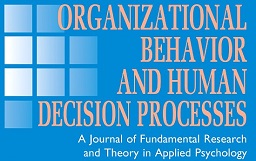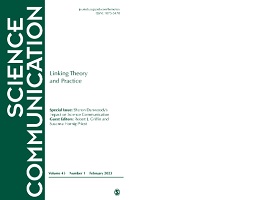Abstract
Expressing distress at work can have negative consequences for employees: observers perceive employees who express distress as less competent than employees who do not. Across five experiments, we explore how reframing a socially inappropriate emotional expression (distress) by publicly attributing it to an appropriate source (passion) can shape perceptions of, and decisions about, the person who expressed emotion. In Studies 1a-c, participants viewed individuals who reframed distress as passion as more competent than those who attributed distress to emotionality or made no attribution. In Studies 2a-b, reframing emotion as passion shifted interpersonal decision-making: participants were more likely to hire job candidates and choose collaborators who reframed their distress as passion compared to those who did not. Expresser gender did not moderate these effects. Results suggest that in cases when distress expressions cannot or should not be suppressed, reframing distress as passion can improve observers’ impressions of the expresser.






